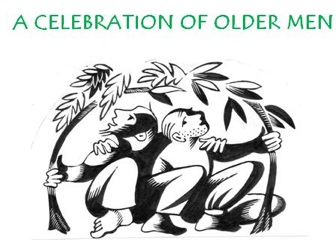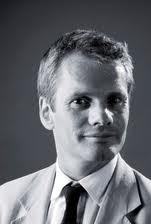The Seven Planks of Spiritual Practice
Having a spiritual practice may be helpful to us in many ways, but what does this actually mean, and how would we start? When I am asked about getting started, I suggest that people explore a couple of established, named spiritual paths which appeal to them: for example, Buddhism, Quakers or others. I also suggest … Read more





